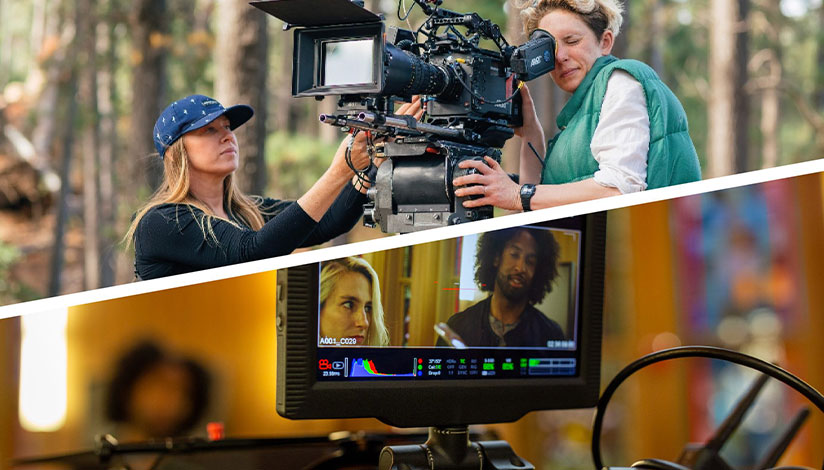

Film production and TV production are two distinct but related fields of the entertainment industry. While they share many similarities, such as the need for a creative vision and the use of advanced technology, there are also some key differences between the two.
Film production often involves longer shooting schedules and larger budgets compared to TV production. Films are typically released in theaters, and the production process is focused on creating a complete, standalone story. On the other hand, TV production involves shorter shooting schedules and smaller budgets, as TV shows are produced on a regular basis and aim to entertain audiences over a longer period of time.
Despite these differences, both film and TV production share the same core functions. These include pre-production, production, and post-production.
During the pre-production phase, filmmakers and TV producers work on developing the concept, writing the script, creating storyboards, and scouting locations. This phase is crucial for laying the foundation of the project and ensuring a smooth production process.
The production phase is where all the hard work comes together. This is when the actual shooting takes place, and the scenes are captured on camera. Whether it's a film or a TV show, the production phase requires meticulous planning, coordination, and execution to bring the vision to life.
Once the shooting is complete, the project enters the post-production phase. This is where the footage is edited, special effects are added, and the final product is polished. Post-production is an essential part of the process and can greatly impact the overall quality of the film or TV show.
The value of film and TV production lies in its ability to captivate and entertain audiences. Whether it's a gripping film that takes viewers on an emotional journey or a TV show that keeps them coming back for more, both mediums have the power to create memorable experiences.
For aspiring filmmakers and TV producers, film and TV production offer exciting career opportunities. From directing and writing to cinematography and editing, there are various roles that contribute to the creation of compelling content. With the right skills and passion, individuals can make their mark in the industry and bring their creative visions to life.
In conclusion, film and TV production are dynamic and ever-evolving fields that play a vital role in the entertainment industry. Whether you're a filmmaker, a TV producer, or simply a fan of movies and shows, understanding the intricacies of production can deepen your appreciation for the craft and enhance your viewing experience.

Opportunities for creative expression
Potential for high financial returns
Ability to reach a wide audience

Highly competitive industry
Challenging and demanding work
Uncertainty and unpredictability















-
https://www.filmindependent.org/blog/film-crew-positions-titles-and-descriptions/
-
https://www.masterclass.com/articles/what-is-tv-production-and-how-does-it-differ-from-film-production




























